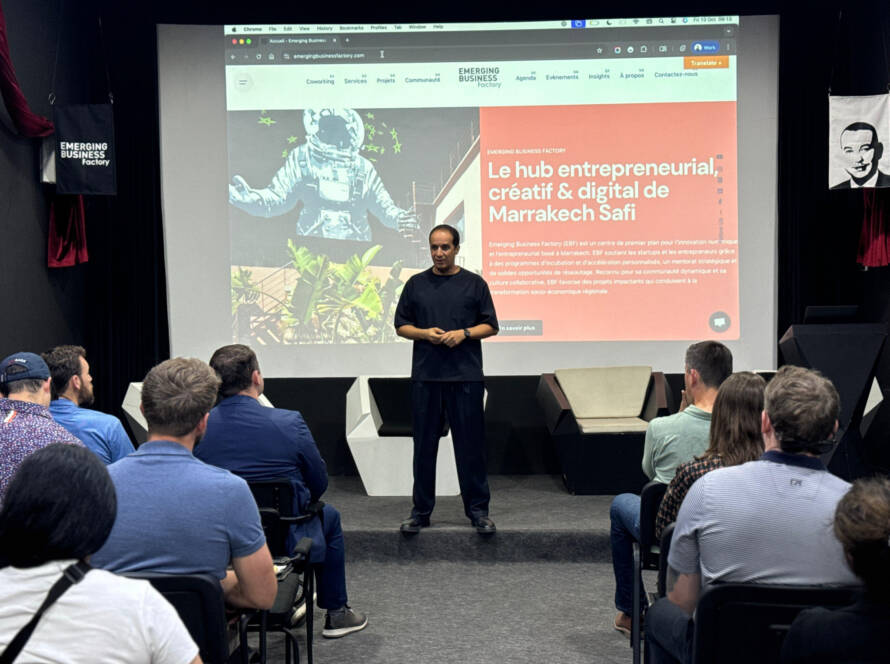We don’t talk enough about what entrepreneurs sacrifice.
Sleep, weekends, birthdays.
Stable income. Time off. Sometimes, friendships. Sometimes, love.
And perhaps most quietly of all, we sacrifice a part of ourselves we once thought untouchable: lightness.
To create is often to carry more than just oneself.
To be the last to leave, the first to doubt—yet the one who must reassure everyone.
To move forward through exhaustion, precarious finances, and uncertainty that never quite fades.
To say no to holidays in order to say yes to deadlines.
To believe, still, when no one else does.
And then, one day, we realize we’ve been sacrificing things we never asked permission from within.
We no longer remember why we’re doing all this.
We’ve become the priest of a temple without believers.
So we begin to ask a different question.
Not “What am I willing to sacrifice?”
But “What still deserves my sacrifice?”
This is where the ancient myth returns, like a lamp in the fog.
In the story of Abraham, the most sacred moment isn’t the raised knife.
It’s the moment he stops.
It’s not a miracle that falls from the sky.
It’s a form of inner presence—a deeper listening beyond fear, beyond habit.
A capacity to stay open to a new message, even at the edge of the irreversible.
Abraham was ready to go all the way, but he remained present enough to hear the voice that said: Stop.
It wasn’t divine whim. It was an invitation to consciousness.
As if the heavens whispered, “I see you. You no longer need to prove anything. Now rise.”
It is not blind obedience that is sacred.
It is the intelligence of the heart.
The inner vigilance.
That rare moment when we understand that true courage is not always in completing the sacrifice,
but sometimes in walking away from it.
This year, His Majesty King Mohammed VI made a rare and powerful decision:
to suspend Eid al-Adha for economic and social reasons.
Some saw it as a rupture.
Other saw it as an elevation.
It is the sacrifice of sacrifice itself.
A sovereign act of inner clarity.
A “no” to a ritual that had become too heavy,
and a “yes” to a higher form of responsibility—one that protects the spirit by relinquishing the gesture.
And us?
When will we learn to stop?
When will we say to our own compulsions,
“Today, I choose not to bleed for this”?
When will we realize that true giving sometimes means preserving—not exhausting?
That saying no to a project can mean saying yes to ourselves, to our families, to our health, to our humanity?
The entrepreneur who endures is not the one who sacrifices everything.
It is the one who, like Abraham, lifts their eyes.
Who sees in the thicket another path.
Who hears another voice in the silence.
Who knows that greatness is not found in loss, but in discernment.
For sacrifice, at its origin, is not abandonment.
It is offering.
And a true offering should never cost what matters most.
Translated from French with the assistance of AI.


